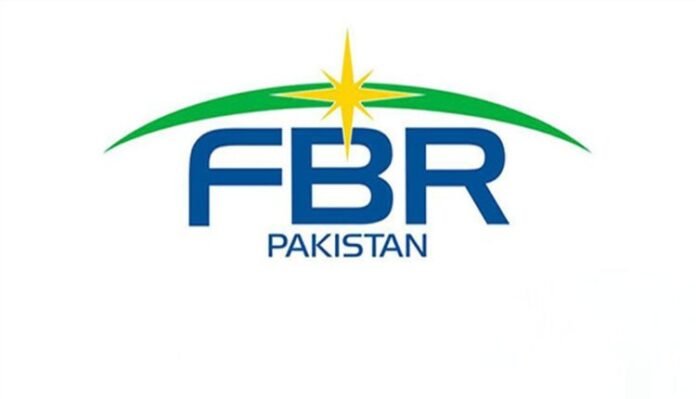ISLAMABAD – In a major concession to the business community, the federal government has significantly curtailed the Federal Board of Revenue’s (FBR) power to arrest individuals in tax fraud cases — making it mandatory to first seek approval from business leaders.
According to a newly issued Sales Tax General Order, FBR officials can no longer independently initiate investigations that may lead to arrests. Before proceeding, they must convince at least two representatives of the business community, selected by the FBR from leading trade bodies, that tax fraud has actually occurred.
Only after securing this endorsement can the Commissioner Inland Revenue seek final approval from the Member Inland Revenue Operations to proceed with an arrest.
This lengthy and layered process, observers note, will make arrests virtually impossible — effectively watering down the very enforcement powers that had been granted to FBR in the recent federal budget. These powers sparked sharp backlash from traders and even raised concerns within the ruling coalition.
The Pakistan Peoples’ Party (PPP), a key government ally, initially resisted supporting these powers, likening them to the sweeping arrest authority held by NAB. The PPP later relented after the government agreed to insert multiple safeguards — including the latest one requiring consultation with trade representatives.
Despite its earlier hard stance, the government is now seen to be backtracking. Just weeks ago, it vowed to generate Rs389 billion through enforcement measures, including penalties for cash transactions over Rs200,000 and bans on luxury purchases by tax defaulters. Those measures are now being reversed.
The new order also outlines how business representatives will be selected. Trade bodies like the Pakistan Business Council, FPCCI, Lahore and Karachi Chambers, and others will nominate compliant taxpayers with strong filing records. From those nominees, the FBR will designate two regional representatives per area for consultation in future cases.
Officials privately admitted to PM Shehbaz Sharif this week that these rollbacks represent a major setback, especially after the FBR had aggressively sought to target under-taxed individuals and undocumented cash flows.
In another reversal, the FBR clarified that cash deposits against invoices made in sellers’ bank accounts will now be accepted as banking channel transactions, meaning such expenses won’t be disallowed — another demand long made by traders.
Additionally, the government has put on hold its earlier plans to bar non-filers from buying cars, homes, and stocks, signaling a softened stance towards enforcement.
Critics say these backsteps once again favour traders over the salaried class, who contributed a record Rs555 billion in income tax last year, while tax contributions from the trader segment remain opaque and undocumented.




